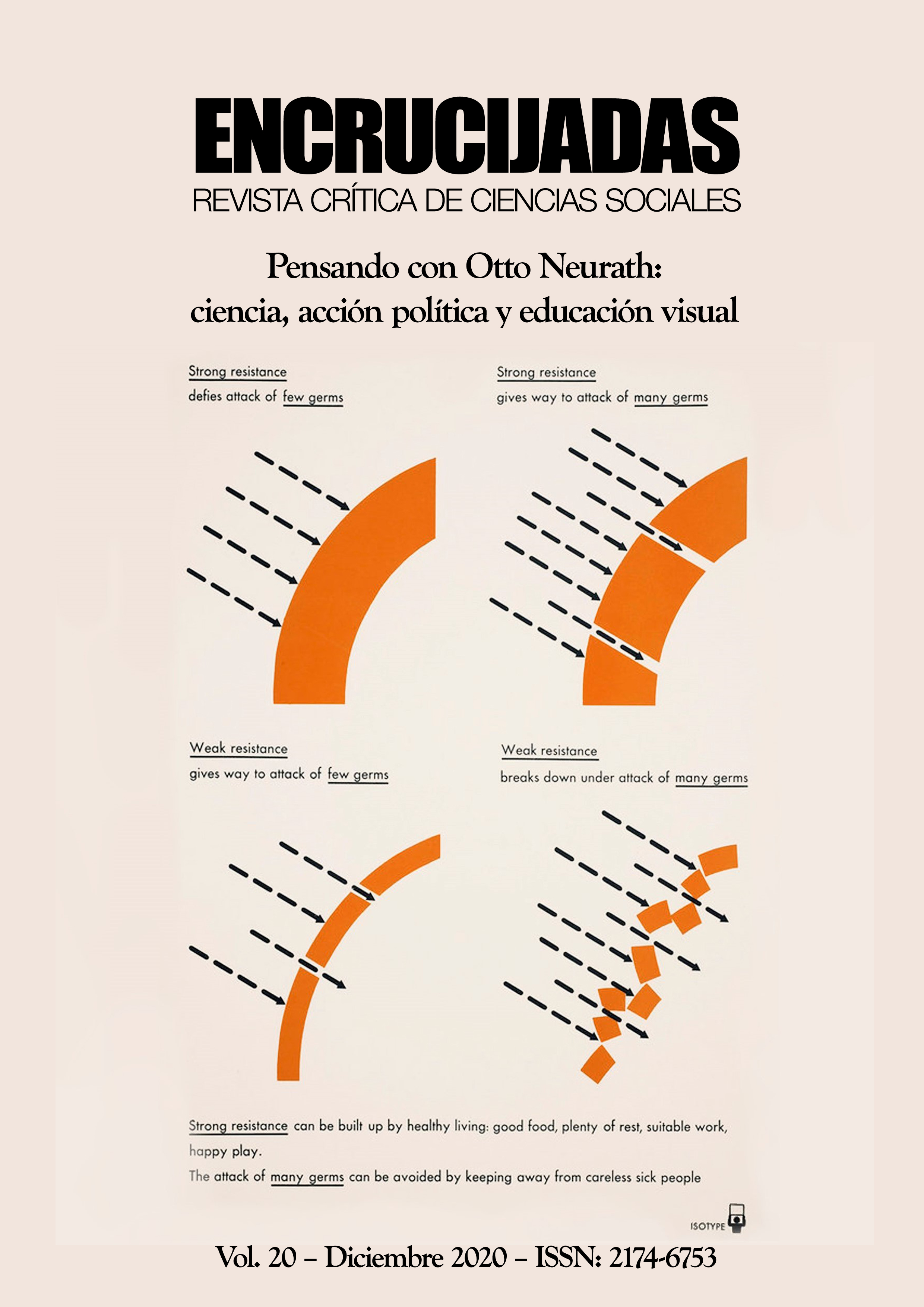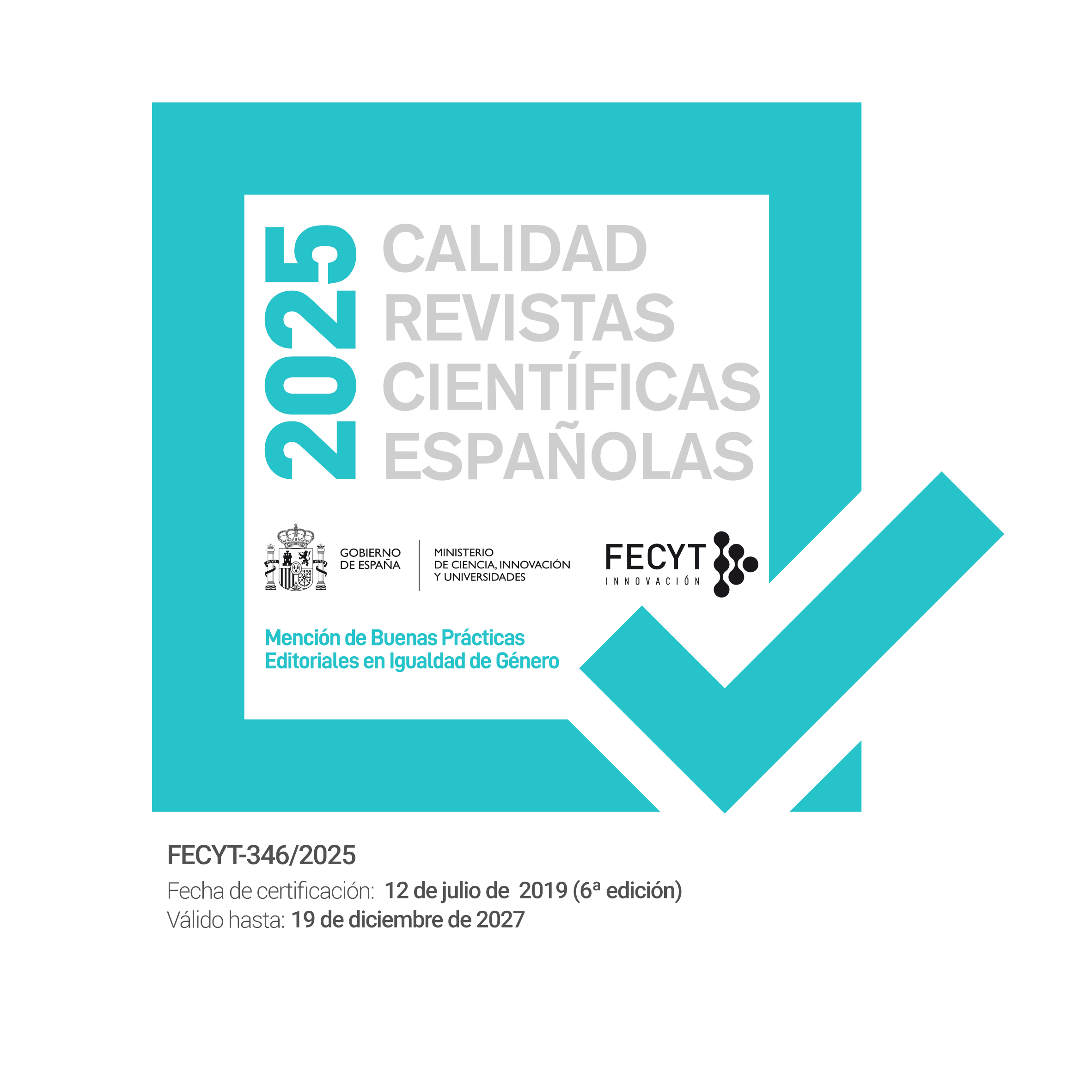All knowledge is a heresy
Keywords:
Wikipedia, Neurath, encyclopaedia, knowledge, heresyAbstract
The Heretic Knowledge. A Wikipedia story is a book that challenges both epistemology, in particular, and public opinion, in general. Since it refers to a daily use tool whose construction is unknown. To the extent that the book deconstructs the backstage of Wikipedia, it reveals its lights and shadows: how is knowledge generated? Who generates it? Which arguments take place?, etc. All these questions are not just about Wikipedia: they refer to classical questions about the problem of knowledge. We will argue here that a key to understanding the local and generic difficulties of knowledge is to read the virtual encyclopaedia in the light of Otto Neurath’s encyclopaedia metaphor.
Downloads
Downloads
Published
How to Cite
Issue
Section
License
Copyright (c) 2020 Encrucijadas. Revista Crítica de Ciencias Sociales

This work is licensed under a Creative Commons Attribution-NonCommercial-NoDerivatives 4.0 International License.
Los autores/as conservan los derechos de autor y ceden a la revista el derecho de la primera publicación, con el trabajo registrado con la licencia de atribución de Creative Commons Reconocimiento-NoComercial (CC-BY 4.0), que permite a terceros utilizar lo publicado siempre que mencionen la autoría del trabajo y a la primera publicación en esta revista. Encrucijadas permite y se anima a todas las personas autoras a depositar la versión final publicada en repositorios institucionales o temáticos de acceso abierto, cumpliendo en caso necesario los términos establecidos por la entidad financiadora de la investigación.





